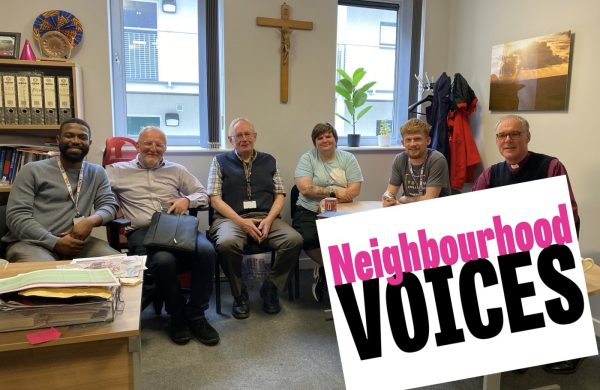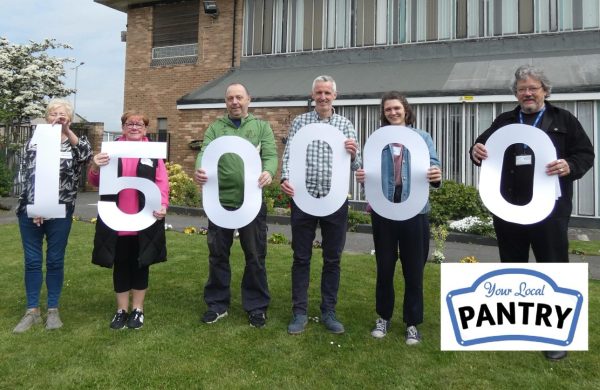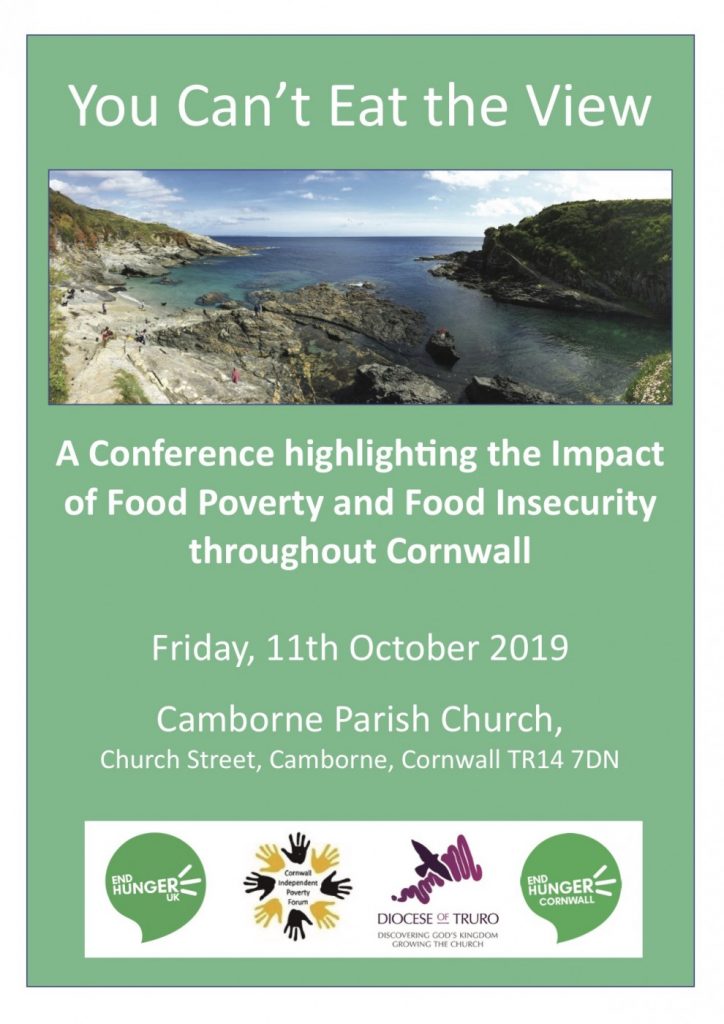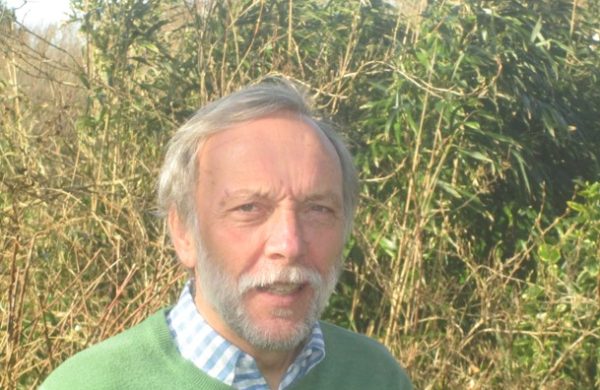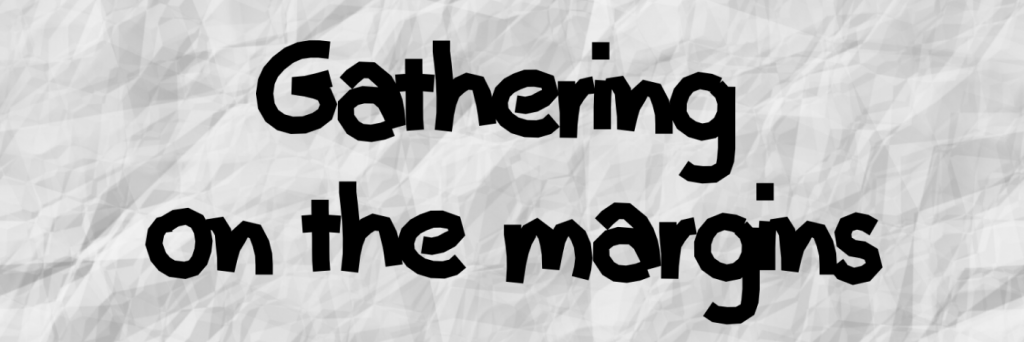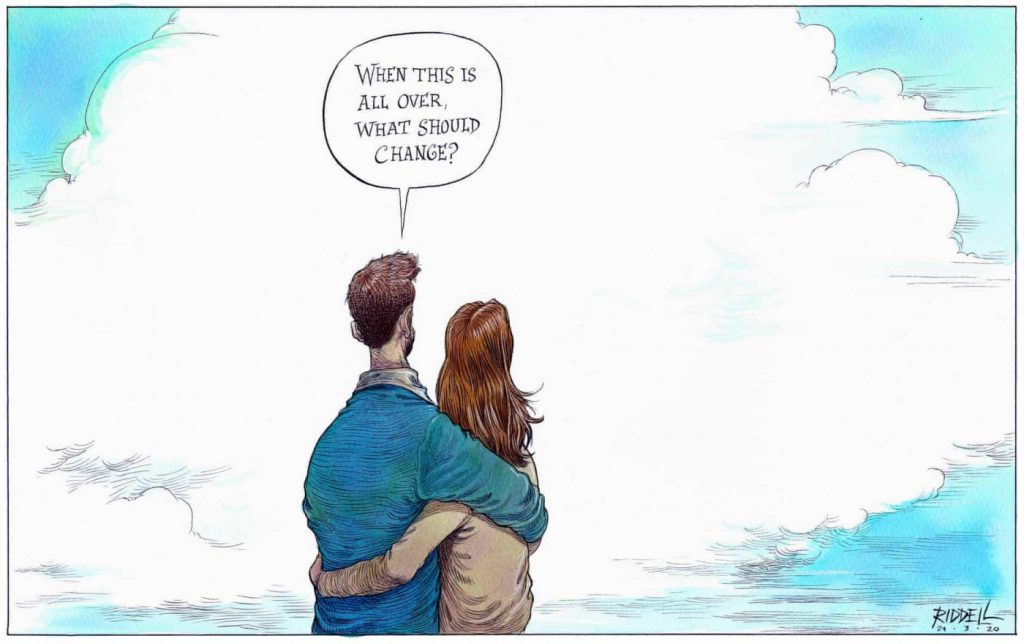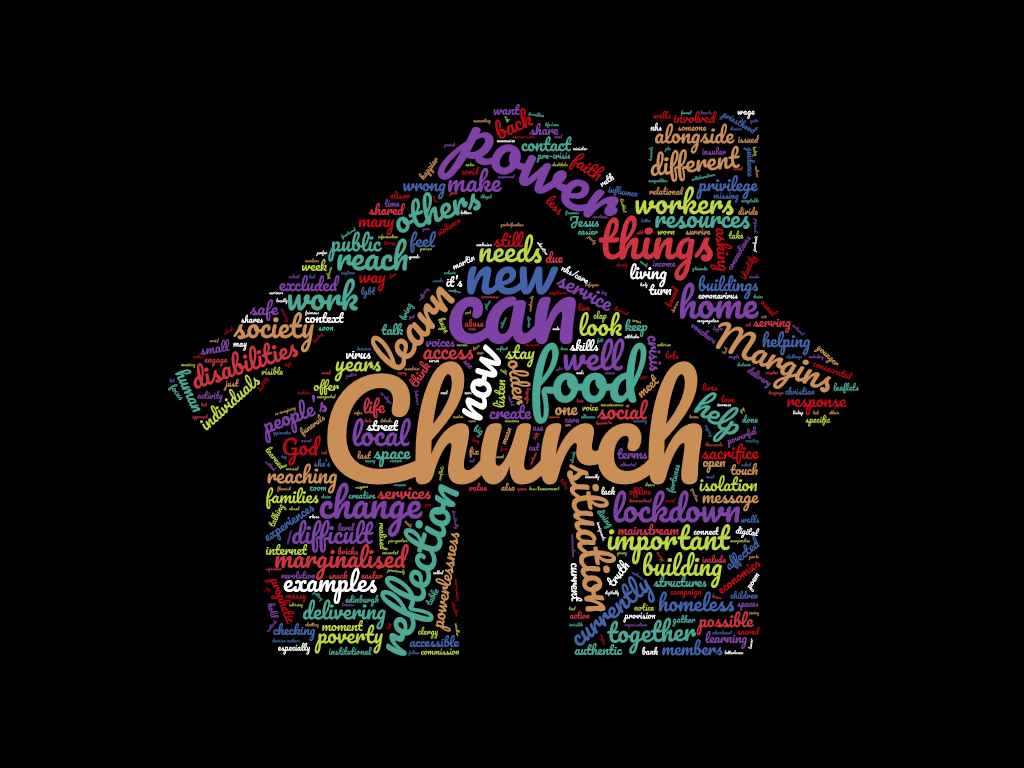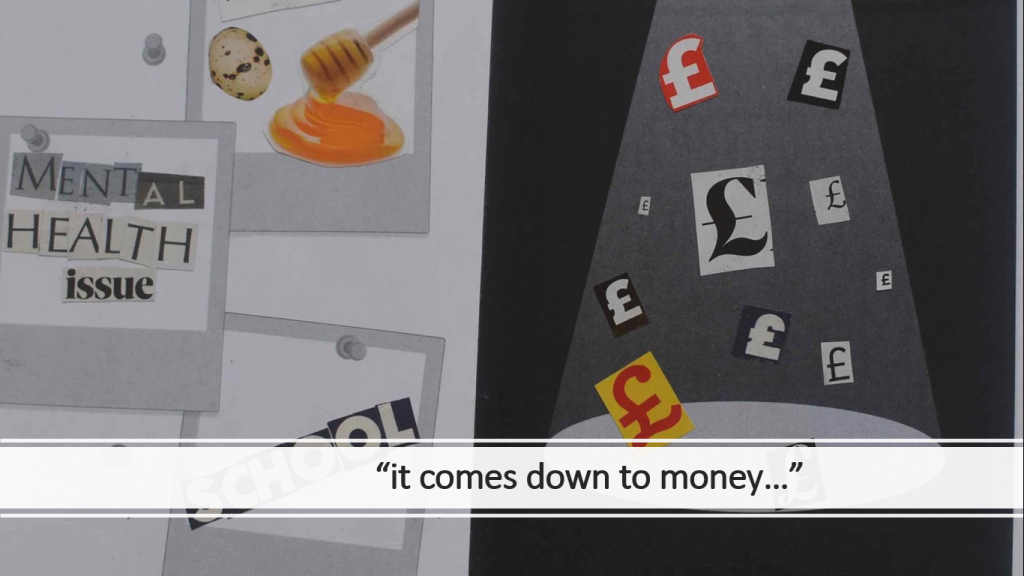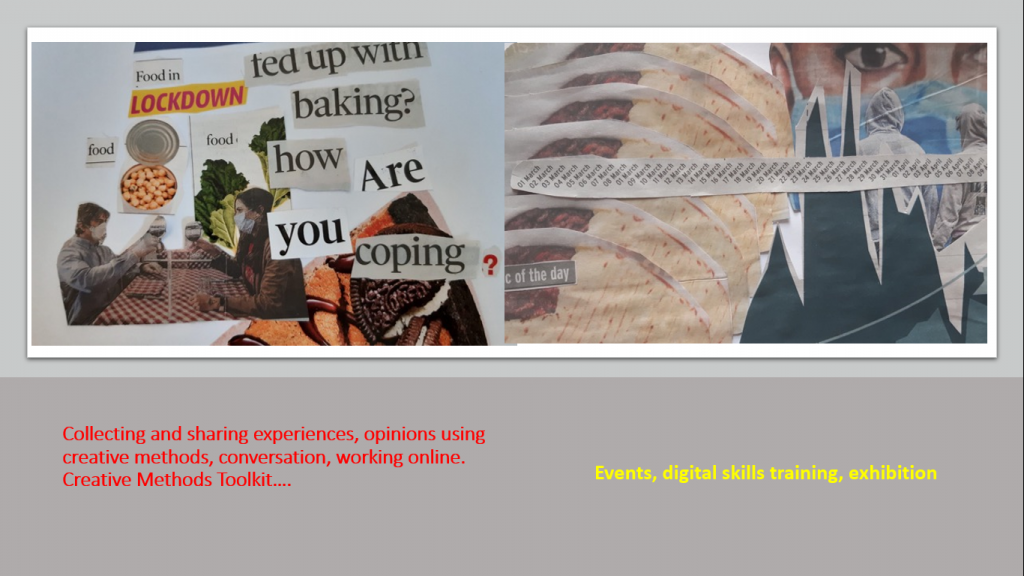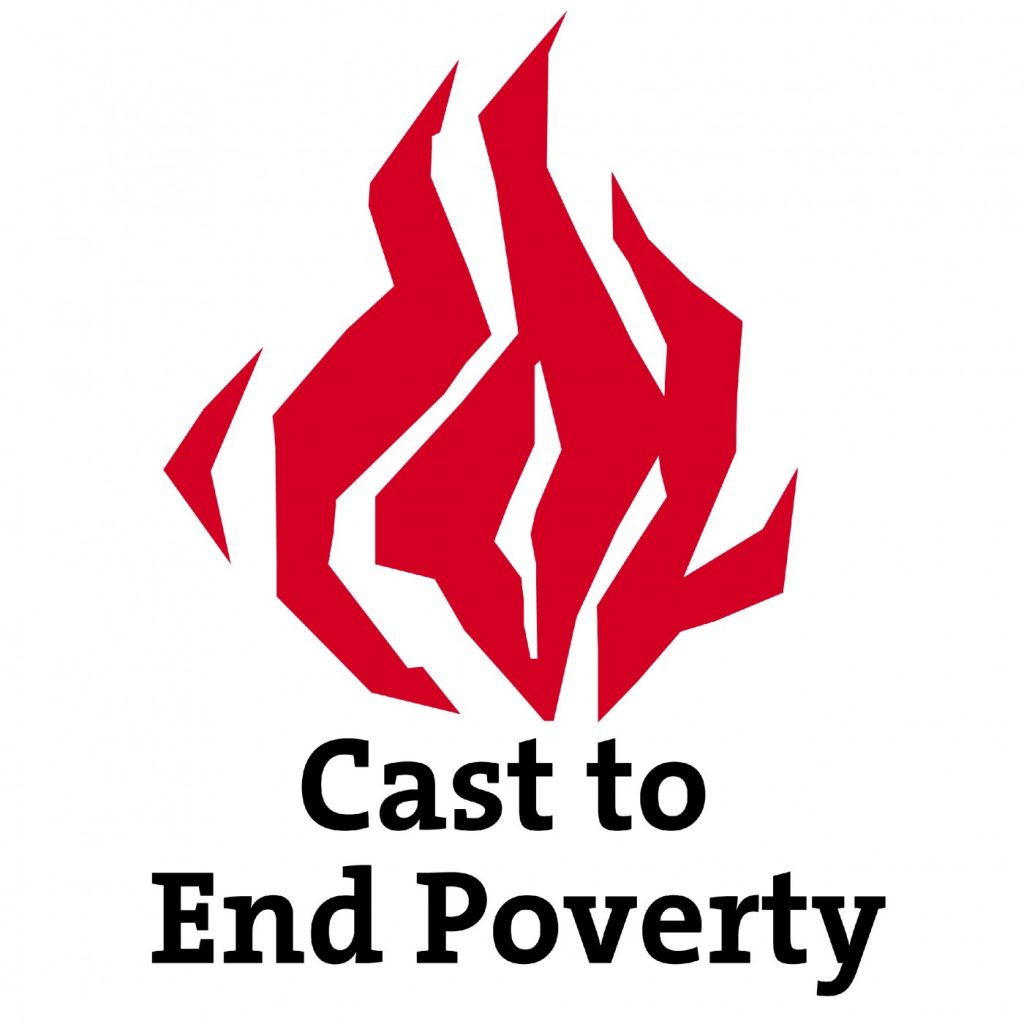Gathering on the Margins – 26 May
During this pandemic, communities have come together to support each other. In this week’s gathering we discussed at coordinated responses to the crisis and mutual aid.
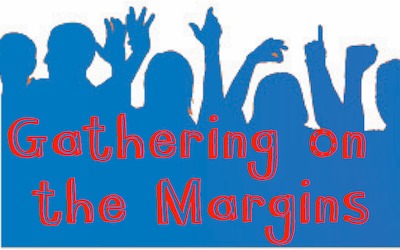
We have these gatherings every Tuesday at 2 pm. Join us on Zoom to connect with people across the country to hear each other’s stories, discuss issues that we are facing and share advice.
Join us on Zoom by clicking the link below, or call 0131 460 1196 and using the meeting ID: 193 697 232
Sam Dyer from Cambridge Sustainable Food told us about the formation of community food hubs in Cambridge. There had already been a food poverty alliance in Cambridge for two years, working with frontline organisations such as foodbanks, housing providers, churches and the city council, so there were already relationships and networks in place at the start of the crisis. However, a lot of the kinds of provision that were already happening, such as community lunches, fell away because of social distancing, so people had to come up with new ways of meeting pre-existing need as well as coping with new demand.
The city council have been very supportive in Cambridge of the mutual aid groups that have sprung up. The alliance has been working with these mutual aid groups to establish community food hubs. Sam says that the challenge going into the future is how to move on from the emergency food provision model into something that is run by the community.
We also heard from Jayne Gosnall who spoke about the importance of mutual aid and supporting one another in the recovery from addiction, as well as getting through this crisis. Jayne is involved in several WhatsApp groups that help keep people connected through sharing things like crafting ideas and creative writing.
She also talked about Self-Reliant Groups and how they are supporting each other, even when they can’t meet in person, and how some people are even becoming more connected than before by coming together online. Jayne said that these groups and connections may seem on the surface to be ‘quite a soft thing’ but are actually having a profound impact. You can find out more about Self-Reliant Groups here.
Next week we will be looking at how the crisis has impacted the lives of children and young people and will be joined by Rys Farthing (Researcher), Tia Clarke (Food Ambassador), Faith Marriott (Nightsafe) and Zoe McIntyre (Food Foundation). Join us on Tuesday at 2 pm.
Over the following few weeks, the gatherings will be focusing on:
- 2 June: Children and young people
- 9 June: Global solidarity

